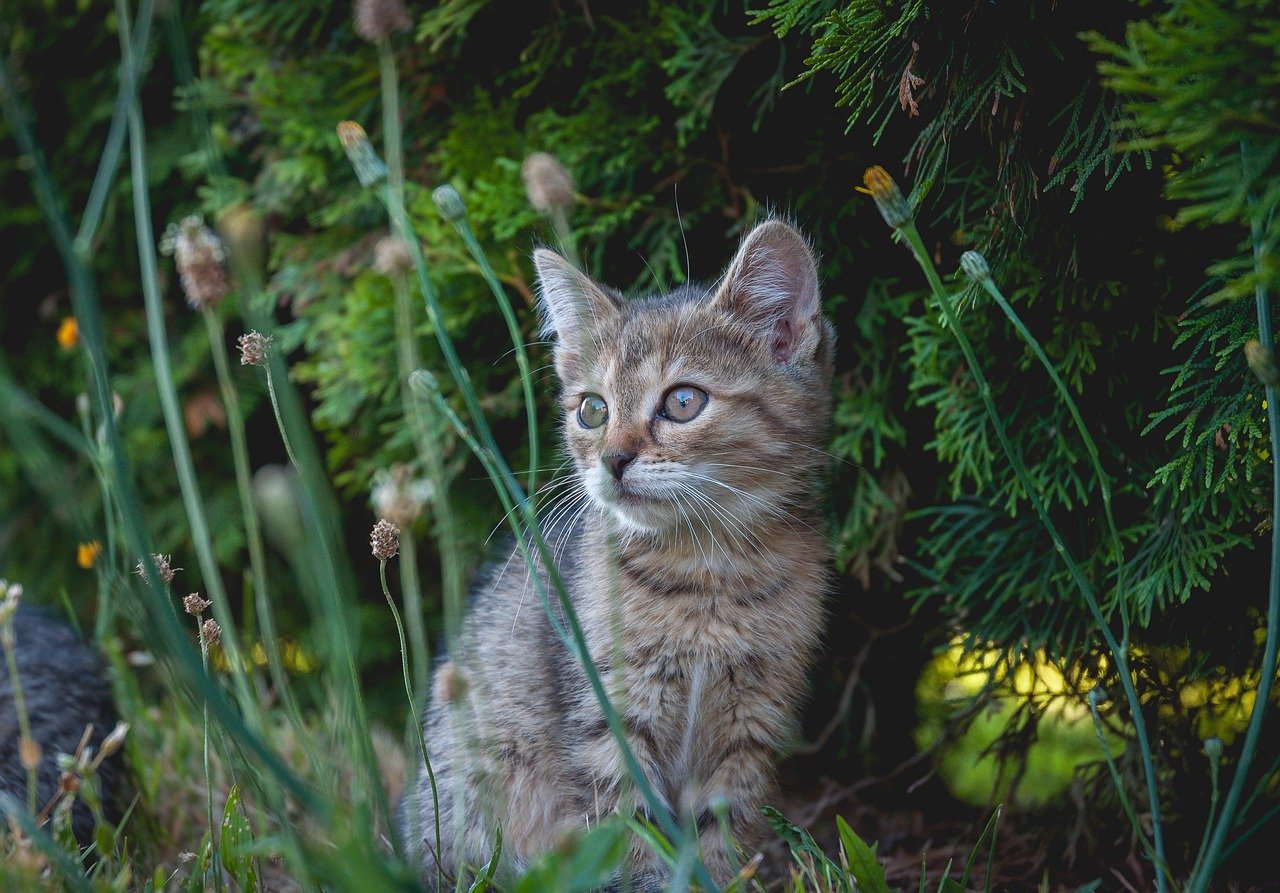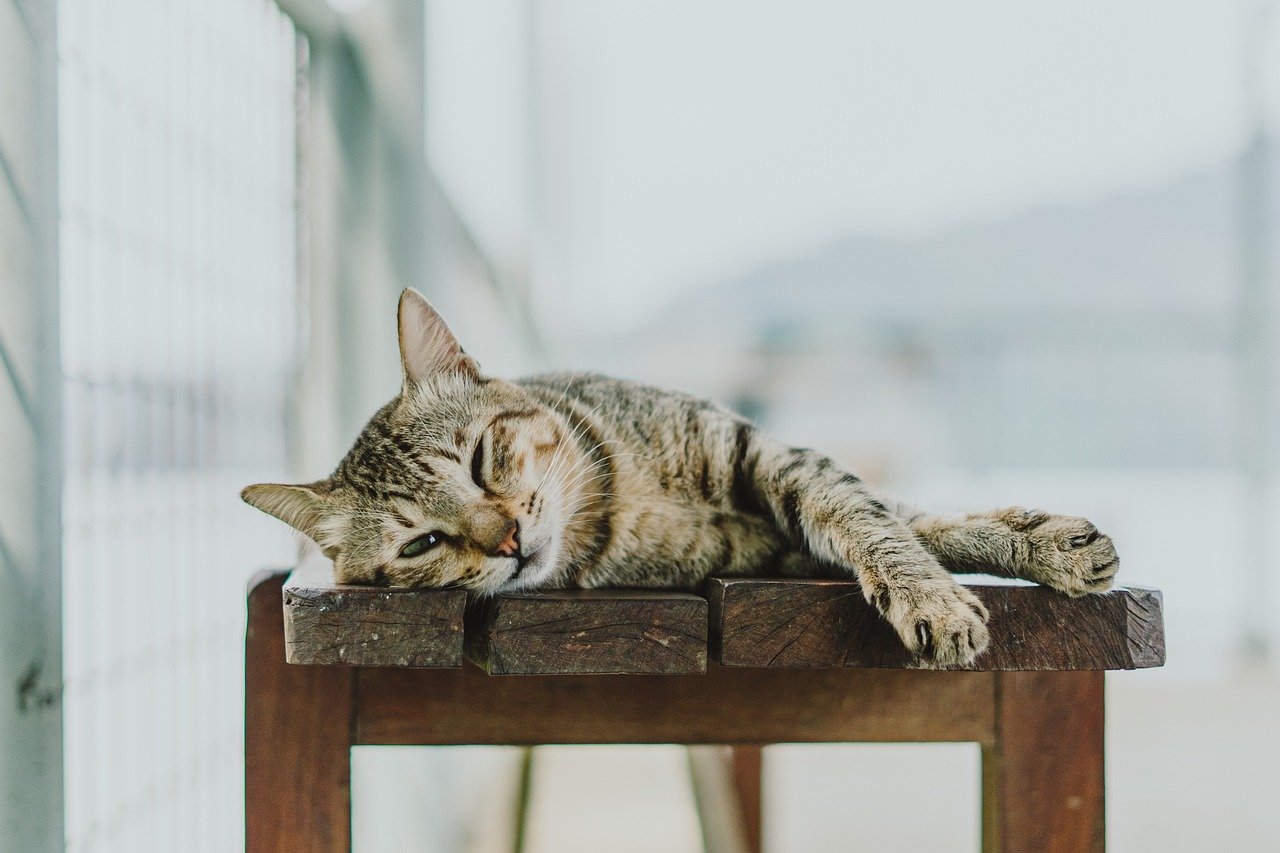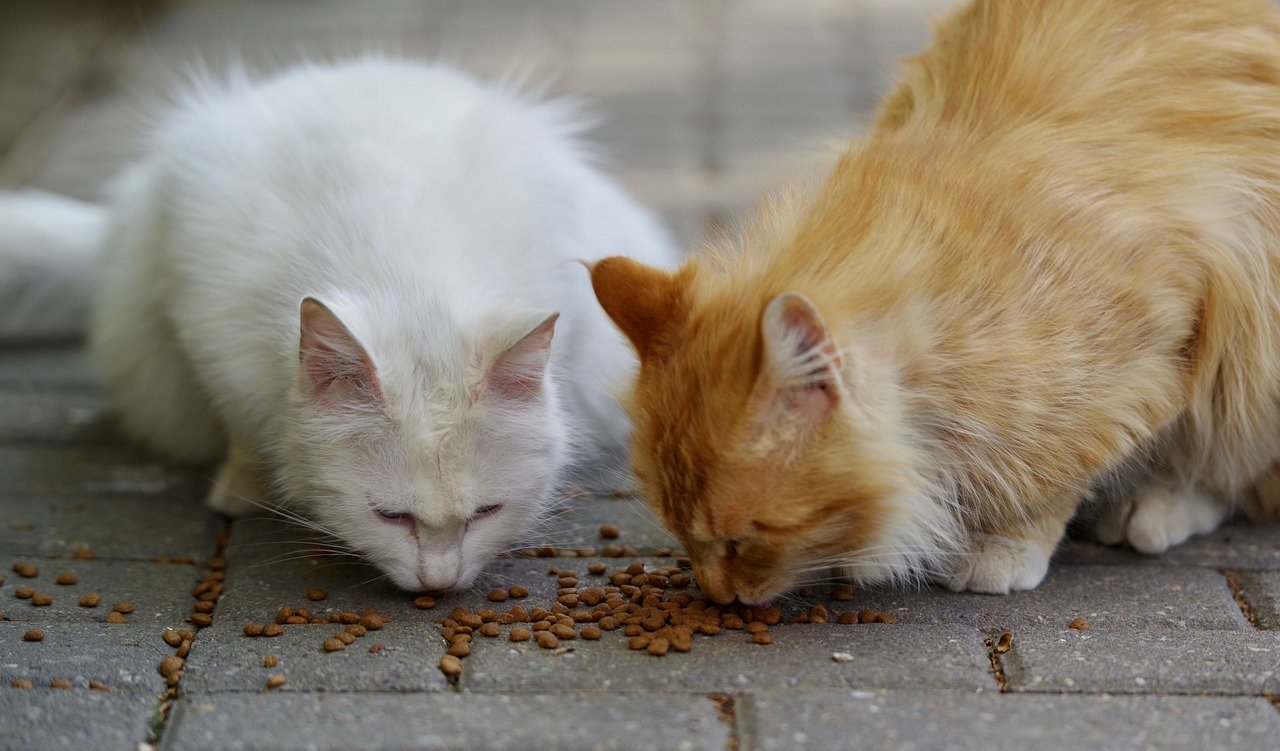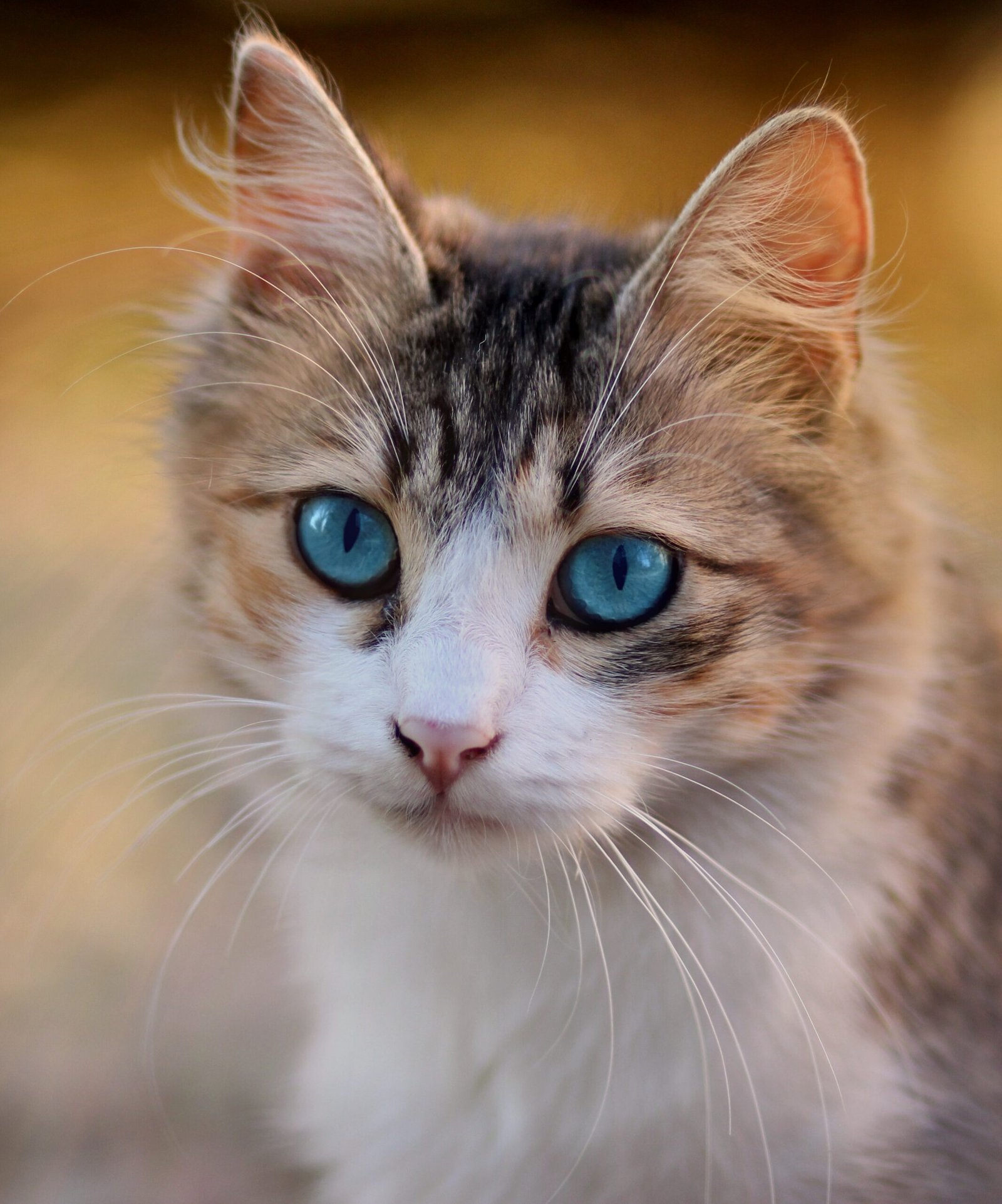Cats are curious creatures, often exploring every nook and cranny of their environment, which sometimes includes the kitchen. As a cat owner, it is essential to be aware of the foods that can harm your furry friend. While most people know about the dangers of chocolate and onions, there are other foods that might surprise you. These seemingly harmless foods can pose serious health risks to your cat. Let’s delve into the unexpected dangers lurking in your pantry and ensure your feline’s safety.
1. Grapes and Raisins: Tiny Fruits, Big Danger

Most people associate grapes and raisins with healthy snacks, but for cats, they are anything but. These tiny fruits can cause kidney failure in cats, which can be life-threatening. Even a small amount can lead to vomiting, lethargy, and decreased appetite. Cats are curious and might find these fruits appealing due to their smell or texture. If you suspect your cat has ingested grapes or raisins, it’s crucial to seek veterinary care immediately. The exact toxin in these fruits remains unknown, but the risk is undeniable.
2. Garlic: A Common Ingredient with Uncommon Risks
Garlic is a staple in many kitchens, adding flavor to countless dishes. However, it poses a significant risk to cats. Garlic can damage their red blood cells, leading to anemia. Symptoms might include weakness, rapid breathing, and a lack of interest in food. Unlike humans, cats cannot tolerate the compounds found in garlic. Even small amounts of garlic powder can be harmful, so it’s best to keep all forms of garlic far from your feline friend.
3. Avocado: Not Just a Trendy Snack
Avocado has gained popularity as a health food for humans, but it’s not safe for cats. The fruit contains a toxin called persin, which can cause vomiting and diarrhea in cats. While the flesh is less toxic than the pit or skin, it’s still best to avoid giving avocado to your cat. The creamy texture might be tempting for them, but the health consequences aren’t worth the risk. Keeping avocados out of reach is a simple way to protect your cat from potential harm.
4. Alcohol: More Harmful Than You Think
It might seem obvious that alcohol isn’t suitable for cats, but even small amounts can be highly toxic. Alcohol affects a cat’s liver and brain in much the same way it affects humans, but it takes far less to do significant damage. Just a few sips of an alcoholic beverage can cause vomiting, diarrhea, and central nervous system depression in cats. Severe cases can lead to respiratory failure or even death. Always ensure that alcoholic drinks are kept away from curious paws.
5. Dairy Products: Not the Treat They Appear to Be
Many people picture cats lapping up bowls of milk, but dairy isn’t as harmless as it seems. Most adult cats are lactose intolerant, meaning they can’t properly digest lactose found in milk and other dairy products. Consuming dairy can lead to stomach upset, diarrhea, and gas in cats. While some might tolerate small amounts, it’s generally best to avoid giving cats any dairy. Opt for lactose-free alternatives if you want to treat your cat to something special.
6. Caffeine: A Stimulating Threat

Caffeine is found in coffee, tea, and many sodas, making it a common household item. However, it’s crucial to keep it away from your cat. Caffeine can overstimulate a cat’s nervous system, leading to restlessness, rapid breathing, and heart palpitations. In severe cases, it can cause muscle tremors or seizures. Cats are naturally curious and might be tempted to explore your morning coffee cup, so it’s best to keep caffeinated beverages out of their reach.
7. Raw Eggs: Not All They’re Cracked Up to Be

Raw eggs are often touted as a natural food for pets, but they pose several risks for cats. Raw eggs can carry bacteria like Salmonella, which can lead to food poisoning. Additionally, raw egg whites contain avidin, a protein that can interfere with the absorption of biotin, a B vitamin essential for healthy skin and coat. While some pet owners advocate for raw diets, it’s essential to weigh the risks and consult with a veterinarian before offering raw eggs to your cat.
8. Nuts: A Small Snack with Big Risks

Nuts might be a convenient snack for humans, but they are not suitable for cats. Some nuts, like macadamia nuts, can be particularly toxic, causing weakness, vomiting, and tremors. Even less toxic nuts can pose a choking hazard or lead to digestive issues due to their high fat content. Cats are obligate carnivores and don’t require nuts in their diet. Keeping nuts out of reach is a simple way to prevent accidental ingestion.
9. Yeast Dough: Rising Threats
Unbaked yeast dough can be a hidden danger in the kitchen. If ingested, the dough can expand in your cat’s stomach, causing bloating and discomfort. The fermentation process produces alcohol, which can lead to alcohol poisoning. Symptoms may include vomiting, disorientation, and a lack of coordination. Cats are naturally curious and might be drawn to the smell of baking bread, so it’s essential to keep rising dough out of their reach.
Ensuring your cat’s safety involves being aware of the potential dangers in everyday foods. By keeping these toxic foods out of reach, you can help protect your feline friend from harm. Always consult with a veterinarian if you suspect your cat has ingested something harmful. With a little vigilance, you can ensure your cat remains healthy and happy.
Hi, I’m Bola, a passionate writer and creative strategist with a knack for crafting compelling content that educates, inspires, and connects. Over the years, I’ve honed my skills across various writing fields, including content creation, copywriting, online course development, and video scriptwriting.
When I’m not at my desk, you’ll find me exploring new ideas, reading books, or brainstorming creative ways to solve challenges. I believe that words have the power to transform, and I’m here to help you leverage that power for success.
Thanks for stopping by, Keep coming to this website to checkout new articles form me. You’d always love it!






